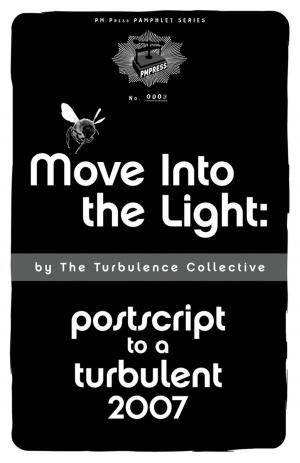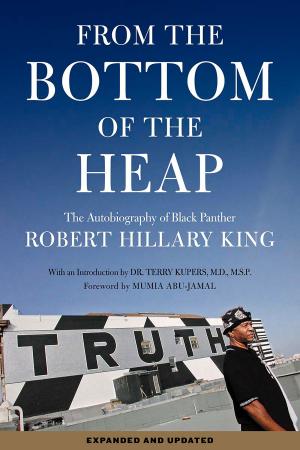Anthropology, Ecology, and Anarchism
A Brian Morris Reader
Nonfiction, Social & Cultural Studies, Social Science, Anthropology, Political Science| Author: | Brian Morris | ISBN: | 9781604869866 |
| Publisher: | PM Press | Publication: | January 1, 2015 |
| Imprint: | PM Press | Language: | English |
| Author: | Brian Morris |
| ISBN: | 9781604869866 |
| Publisher: | PM Press |
| Publication: | January 1, 2015 |
| Imprint: | PM Press |
| Language: | English |
Over the course of a long career, Brian Morris has created an impressive body of engaging and insightful writings—from social anthropology and ethnography to politics, history, and philosophy—that is accessible to the layperson without sacrificing analytical rigor. But until now, the essays collected here, originally published in obscure journals and political magazines, have been largely unavailable to the broad readership to which they are so naturally suited. The opposite of arcane, specialized writing, Morris’s work takes an interdisciplinary approach that offers connections between various scholarly interests and anarchist politics and thought. There is a long history of anarchist writers drawing upon works in a range of fields, and Morris’s essays both explore past connections and suggest ways that broad currents of anarchist thought will have new and ever-emerging relevance for anthropology and many other ways of understanding social relationships.
Over the course of a long career, Brian Morris has created an impressive body of engaging and insightful writings—from social anthropology and ethnography to politics, history, and philosophy—that is accessible to the layperson without sacrificing analytical rigor. But until now, the essays collected here, originally published in obscure journals and political magazines, have been largely unavailable to the broad readership to which they are so naturally suited. The opposite of arcane, specialized writing, Morris’s work takes an interdisciplinary approach that offers connections between various scholarly interests and anarchist politics and thought. There is a long history of anarchist writers drawing upon works in a range of fields, and Morris’s essays both explore past connections and suggest ways that broad currents of anarchist thought will have new and ever-emerging relevance for anthropology and many other ways of understanding social relationships.















